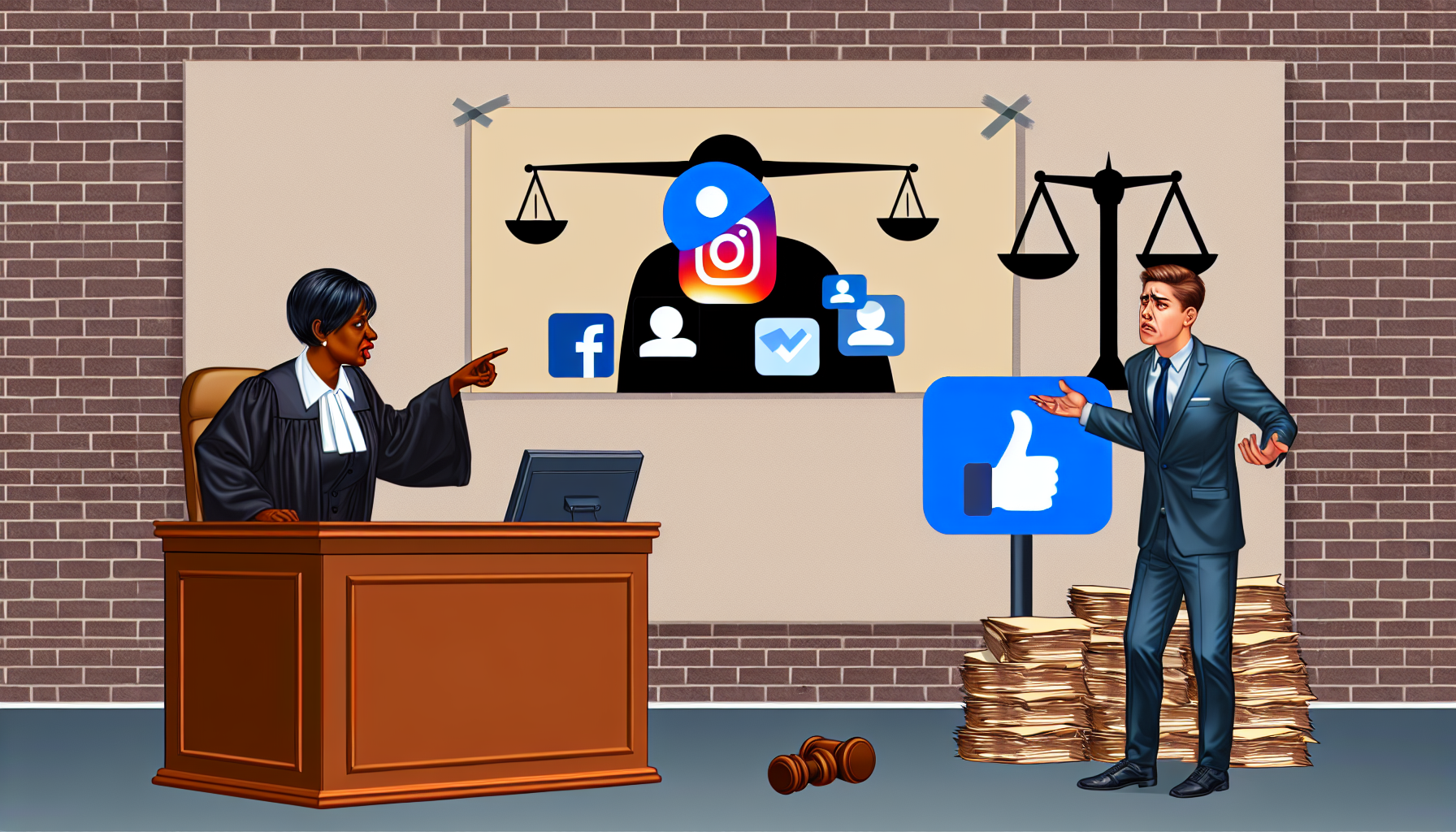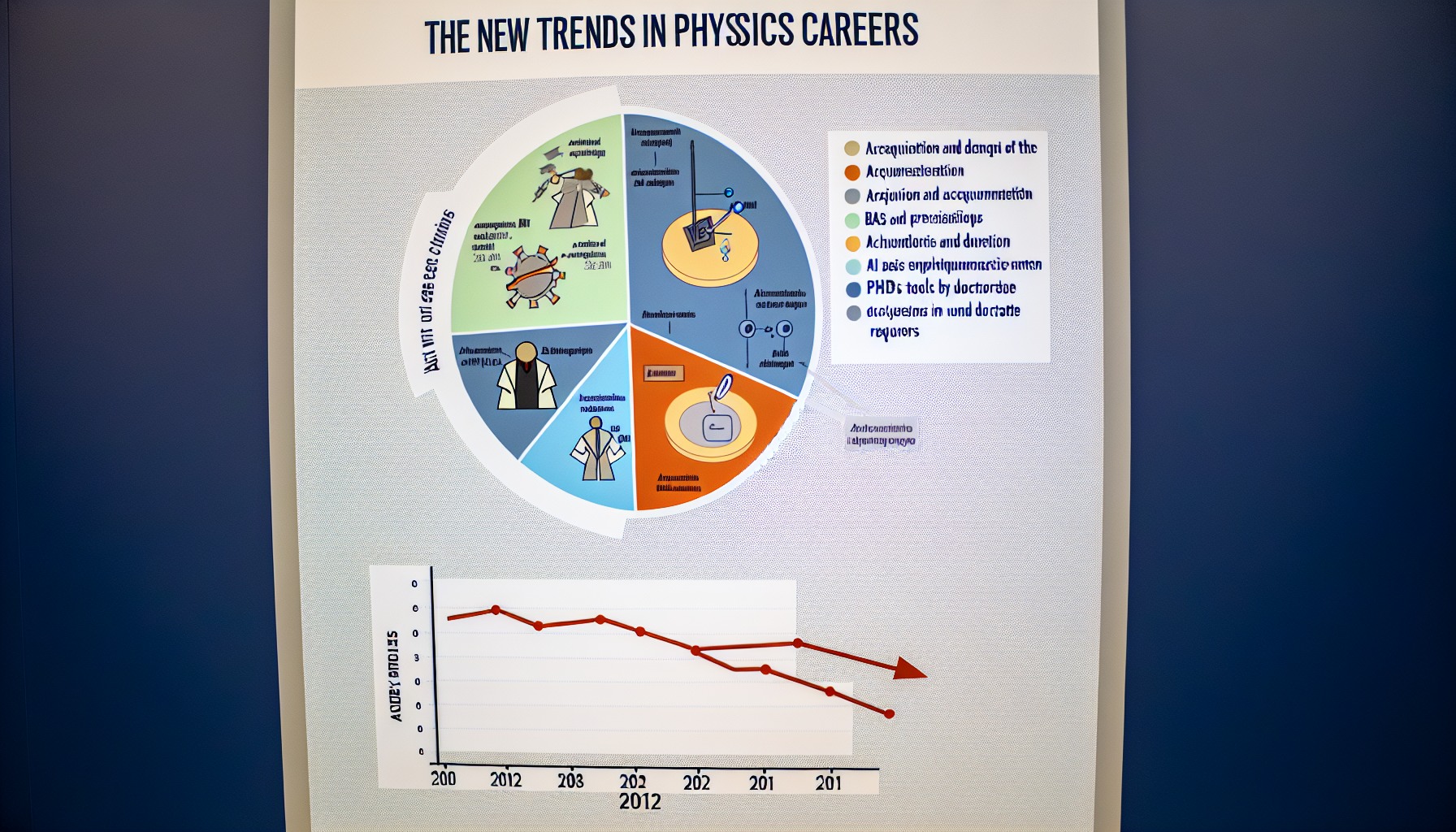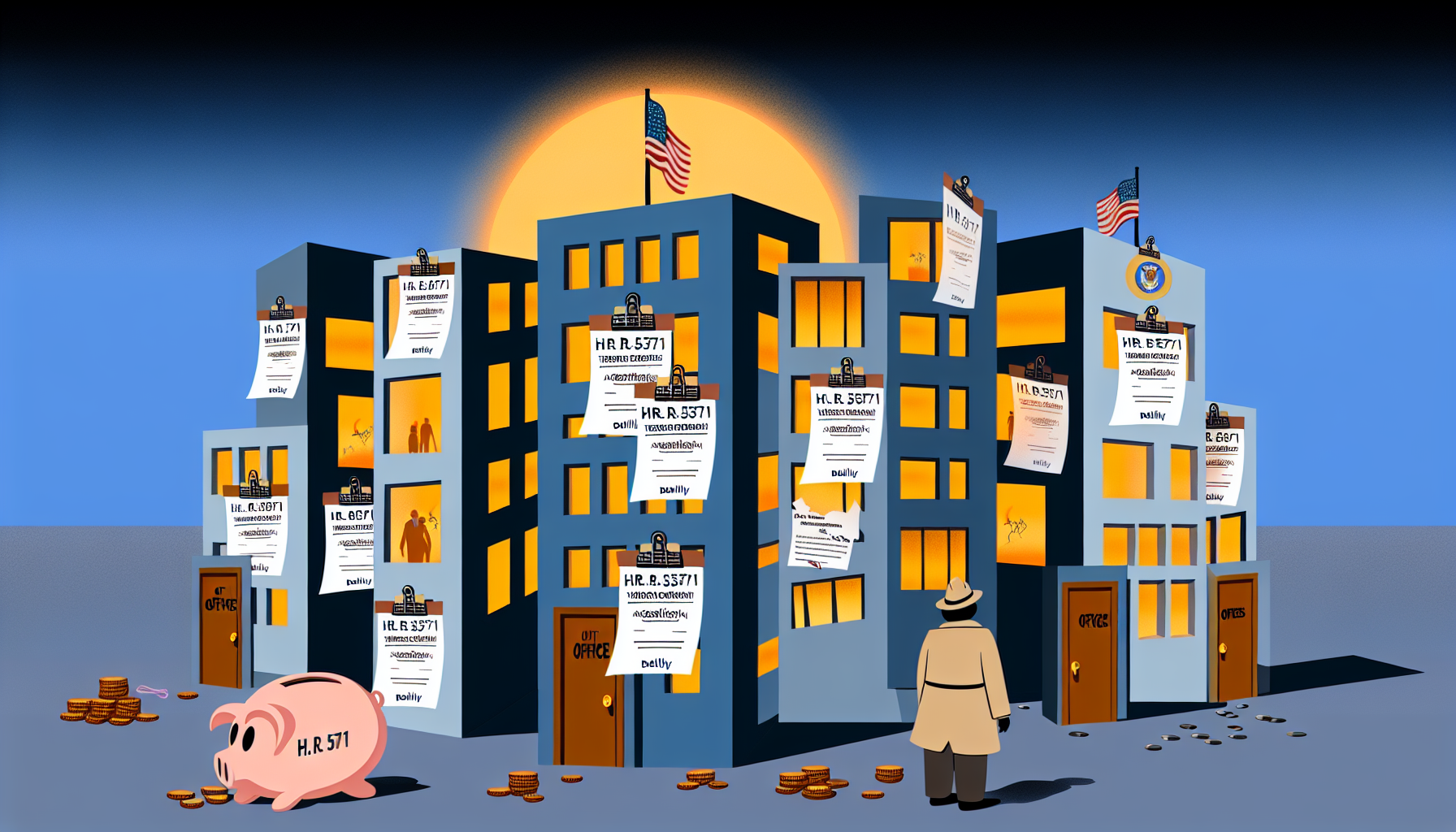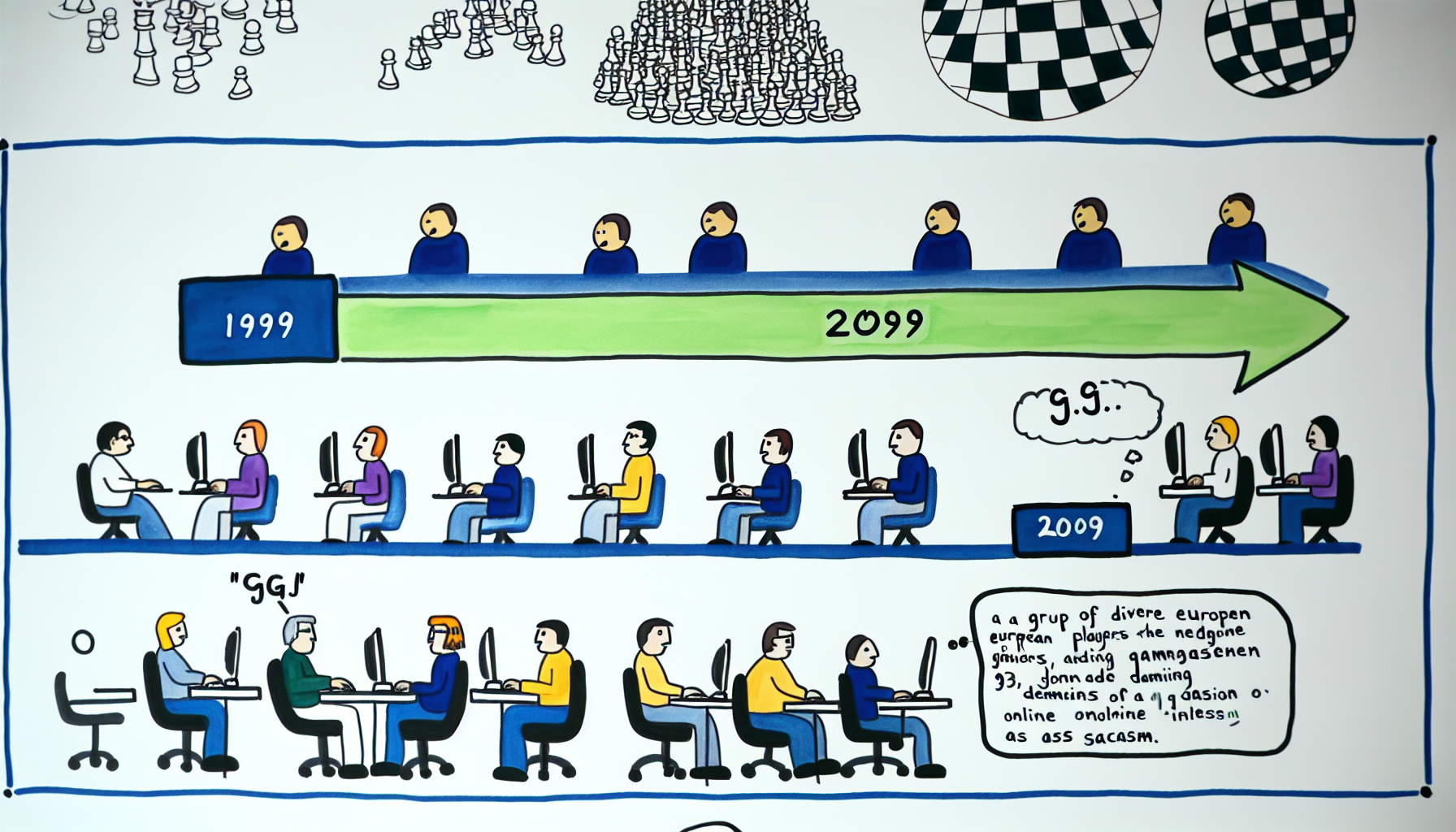An Indianapolis bankruptcy lawyer named Mark Zuckerberg has filed a Mark Zuckerberg lawsuit against Meta, alleging repeated account shutdowns that misidentified him as an impersonator of the company’s billionaire founder. He says Facebook disabled his business and personal pages nine times since 2017, disrupting client outreach, ad campaigns, and revenue generation for his practice. The suit was filed on Sept. 3, 2025, after what he called “offensive” mistakes and prolonged reinstatement delays. Meta has acknowledged at least one erroneous disablement and reinstated his business account. [1]
Key Takeaways
– shows nine suspensions since 2017—five business pages (56%) and four personal (44%)—disrupting an Indianapolis law practice’s marketing and outreach. [1] – reveals $11,000 in May ad spend was wasted when the business page vanished, with reinstatement delays stretching up to six months. [1] – demonstrates the case was filed Sept. 3, 2025 in Marion Superior Court, alleging negligence and breach of contract, and seeking injunctive relief. [2] – indicates Meta admitted erroneous disablement, apologized, and reinstated the business account, even as name-matching filters kept flagging him as an impersonator. [1] – suggests an average 1.1 suspensions yearly over eight years, after 15 years of identity confusion and a new iammarkzuckerberg.com awareness site. [3]
Timeline of the Mark Zuckerberg lawsuit
According to the complaint and local coverage, the Indianapolis attorney reported the first of nine Meta suspensions in 2017, with repeated takedowns affecting both his business and personal Facebook presence through 2025. Those actions, he says, included five business-page and four personal suspensions across an eight-year span, hampering client communication and marketing. [1]
The Mark Zuckerberg lawsuit was filed in Marion Superior Court on Sept. 3, 2025, escalating a long-running identity confusion driven by his shared name with Meta’s CEO. The next day, local outlets detailed the filing and its claims, including alleged months-long delays in restoring access after wrongful takedowns. [1]
Coverage noted that the latest flashpoint came in May, when his firm’s Facebook page disappeared and roughly $11,000 in advertising spend that month produced little value without an active destination page. After press inquiries, Meta told reporters the disablement was an error and reinstated the business account. [1]
What the Mark Zuckerberg lawsuit alleges
The lawsuit alleges Meta’s repeated disablements amounted to negligence and breach of contract by failing to reasonably administer account verification and appeals, despite the attorney’s repeated proof of identity. It seeks damages, legal fees, reimbursement for advertising losses, and a formal public apology, along with court-ordered safeguards to prevent future suspensions. [3]
Zuckerberg states that he has lived with mistaken-identity issues for roughly 15 years, well before the first reported suspensions in 2017. To clarify who he is—and who he is not—he launched a website, iammarkzuckerberg.com, to demonstrate to clients and Meta reviewers that he is an Indiana bankruptcy lawyer, not the billionaire executive. [3]
In interviews, he has characterized the cycle of takedowns and appeals as “Facebook jail,” noting that the platform is central to his client acquisition strategy in a competitive legal services market. The suit’s quantitative core is simple: nine suspensions over eight years, concentrated on business pages that directly drive leads, with long reinstatement lags that undermine paid campaigns. [2]
Meta’s response to the Mark Zuckerberg lawsuit
Meta has acknowledged that at least one of the disabling actions was erroneous and said it reinstated the Indianapolis firm’s business account after reviewing the case. The company also issued an apology, saying accounts were disabled in error, and communicated that it was addressing the issues that led to the mistaken enforcement. [1]
Local coverage of Meta’s response emphasized that while the specific page was restored, Zuckerberg’s complaint targets the broader pattern: repeated misclassification as an impersonator and slow appeals processes that leave small advertisers paying for ads that cannot convert without an active destination page. In public comments, he described the situation as “offensive” and urged Meta to implement durable safeguards. [2]
Business impact quantified: suspensions, delays, and dollars
The case hinges on three measurable harms: the frequency of suspensions, the duration of reinstatement delays, and the direct monetary loss from interrupted advertising. First, nine suspensions since 2017 equate to an average 1.1 actions per year, reflecting persistent enforcement friction for a single verified user with a documented legal practice and public presence. [1]
Second, Zuckerberg says reinstatement delays can stretch months; one local report cites delays as long as six months before access was restored, a period in which community engagement, lead forms, and messaging pipelines go dark. For a bankruptcy practice, where timing is critical, the loss of inbound contact channels can translate to missed consultations and case starts. [5]
Third, the $11,000 in May advertising spend is the clearest cost line. Without a live business page, paid impressions and clicks had no fully functional landing environment, slashing the effective return on ad spend for that period. He characterizes the loss as a direct result of mistaken enforcement, asserting Meta should reimburse wasted spend tied to erroneous shutdowns. [1]
The composition of the enforcement actions also matters: five of the nine suspensions (56%) targeted business pages, versus four (44%) affecting personal profiles. Disrupting the business page most directly impairs lead generation, intake messaging, and credibility signals—functions that personal profiles are less optimized to perform for professional services. In filings and interviews, he ties those disruptions to specific loss claims. [1]
Local stations added that the removals “hindered client outreach” and drained “thousands” in advertising, quantifying the operational toll beyond headline figures. Viewed together, the eight-year pattern, months-long reinstatement windows, and documented May ad loss substantiate a claim that misclassification harms are recurring and measurable, not isolated glitches. [4]
Identity confusion at scale: name-matching pitfalls for enforcement
Reporting notes the two Mark Zuckerbergs have distinct middle names—Steven versus Elliot—yet name-matching filters still flagged the Indiana attorney as an impersonation risk. That detail underscores a challenge for platforms: identity models that overweight a shared first and last name can create false positives when high-profile names collide with ordinary users bearing the same identity markers. [5]
The complaint frames this as a systemic failure, not a one-off misread. The argument is that a robust review pipeline should factor in corroborating data—middle names, long-running public profiles, business registrations, and consistent location signals—before disabling accounts used for advertising and client communication. In this narrative, better calibration and human-in-the-loop review could reduce misfires tied to celebrity-name collisions. [5]
Meta’s acknowledgement of error and post-hoc reinstatement helps, but the lawsuit contends that remediation after the fact does not undo live-campaign losses or months of diminished visibility. The requested injunctive relief aims to translate that insight into concrete guarantees—guardrails against future, near-automatic takedowns of the same verified user when name-only alerts trigger. [5]
Court venue, claims, and requested remedies
Filed Sept. 3, 2025 in Marion Superior Court, the Mark Zuckerberg lawsuit advances multiple claims: negligence and breach of contract tied to account administration and appeal handling, plus a demand for injunctive relief to prevent recurrences. It also seeks reimbursement for documented advertising losses, recovery of legal fees, and an apology acknowledging the harms of repeated misclassification. [2]
Syndicated local reporting adds that the legal team wants a court order establishing guarantees to keep the accounts online and to expedite future reviews should automated systems trigger new impersonation flags. That kind of order could become a template for balancing trust-and-safety enforcement with small-business continuity on large social platforms. [5]
Human stories behind the numbers
Quantitatively, nine suspensions, six-month lags, and $11,000 in documented spend build a compelling damages narrative. Qualitatively, Zuckerberg’s comments capture the strain of building a client pipeline on a platform whose enforcement mistakenly targets the very identity he cannot change. He described the experience as “Facebook jail” and “offensive,” signaling fatigue with the appeals treadmill and a desire for platform-level fixes rather than case-by-case reversals. [2]
His creation of iammarkzuckerberg.com illustrates a user-driven adaptation to flawed enforcement. By preemptively educating clients—and reviewers—about the name coincidence, he attempts to reduce false positives before they propagate. Yet the lawsuit argues that such extraordinary steps should not be necessary for a long-standing, verified professional account that depends on reliable access to serve customers. [3]
What the Mark Zuckerberg lawsuit could change for platforms
While Meta has reinstated the business account and apologized, the proposed remedies in this case focus on prevention and speed. A court-enforced guarantee system—paired with clearer escalation pathways—could reduce the financial blast radius of inevitable enforcement errors on high-visibility names. If successful, that framework might also serve other small firms whose ad dollars evaporate when automated systems go awry. [4]
The numbers in this dispute are modest compared with class actions, but they are precise, repeated, and linked to measurable spend. That combination often animates policy tweaks: when error patterns produce clear dollar losses and documented delays, platforms are more likely to harden verification workflows around edge cases—like shared names with global figures—where false positives carry outsize business costs. [5]
Sources: [1] New York Post – Lawyer named Mark Zuckerberg sues Meta after repeated account shutdowns over claims he’s impersonating billionaire founder: ‘It’s offensive’: https://nypost.com/2025/09/03/us-news/lawyer-named-mark-zuckerberg-sues-meta-over-claims-hes-impersonating-founder/ [2] WSFA (WTHR report) – Lawyer named Mark Zuckerberg sues Meta because his Facebook pages keep getting suspended: www.wsfa.com/2025/09/04/lawyer-named-mark-zuckerberg-sues-meta-because-his-facebook-pages-keep-getting-suspended/” target=”_blank” rel=”nofollow noopener noreferrer”>https://www.wsfa.com/2025/09/04/lawyer-named-mark-zuckerberg-sues-meta-because-his-facebook-pages-keep-getting-suspended/ [3] WSAZ (syndicated WTHR coverage) – Lawyer named Mark Zuckerberg sues Meta because his Facebook pages keep getting suspended: www.wsaz.com/2025/09/04/lawyer-named-mark-zuckerberg-sues-meta-because-his-facebook-pages-keep-getting-suspended/” target=”_blank” rel=”nofollow noopener noreferrer”>https://www.wsaz.com/2025/09/04/lawyer-named-mark-zuckerberg-sues-meta-because-his-facebook-pages-keep-getting-suspended/ [4] WBTV (WTHR syndicated) – Lawyer named Mark Zuckerberg sues Meta because his Facebook pages keep getting suspended: www.wbtv.com/2025/09/04/lawyer-named-mark-zuckerberg-sues-meta-because-his-facebook-pages-keep-getting-suspended/” target=”_blank” rel=”nofollow noopener noreferrer”>https://www.wbtv.com/2025/09/04/lawyer-named-mark-zuckerberg-sues-meta-because-his-facebook-pages-keep-getting-suspended/ [5] WSAW (WTHR syndicated) – Lawyer named Mark Zuckerberg sues Meta because his Facebook pages keep getting suspended: www.wsaw.com/2025/09/04/lawyer-named-mark-zuckerberg-sues-meta-because-his-facebook-pages-keep-getting-suspended/” target=”_blank” rel=”nofollow noopener noreferrer”>https://www.wsaw.com/2025/09/04/lawyer-named-mark-zuckerberg-sues-meta-because-his-facebook-pages-keep-getting-suspended/
Image generated by DALL-E 3









Leave a Reply